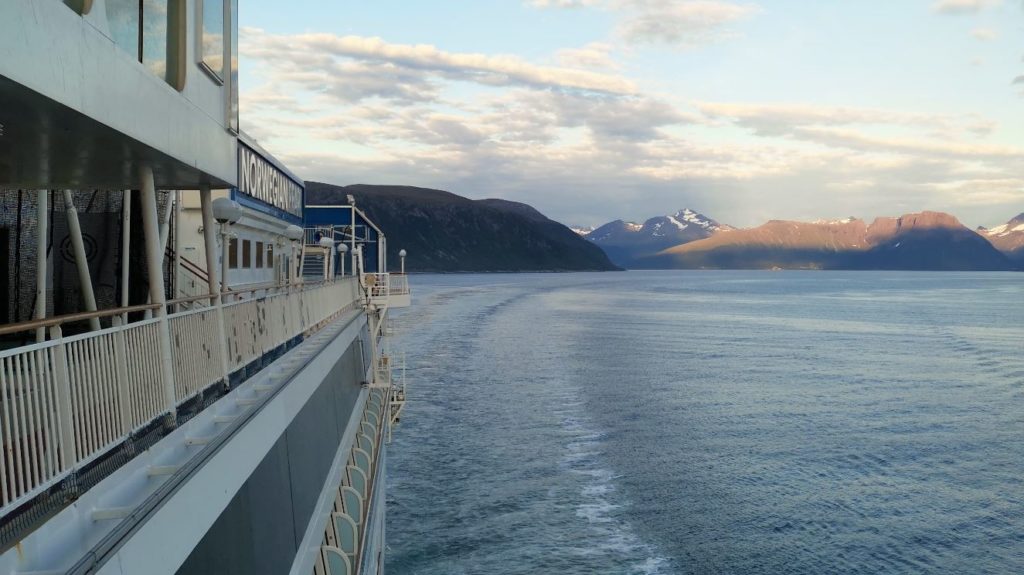CLIA, the Cruise Lines International Association, has issued a response to the U.S. Centers for Disease Control and Prevention’s extention of the No Sail Order for all cruise ships.

In a statement CLIA says the industry has taken responsibility for protecting public health on board cruise ships for more than 50 years, working under the guidance and at the direction of the U.S. Centers for Disease Control and Prevention, the Department of Health and Human Services and the U.S. Coast Guard, as well as the World Health Organization and others.
In March and April the industry submitted proposals to the White House Coronavirus Task Force that are far reaching in prevention, detection and care, which would be led and funded by the industry.
CLIA says that while the cruise industry very much values its relationship with the U.S. authorities, and will continue to work with these important agencies in their shared commitment for the health and safety of passengers and crew – which is the industry’s number one priority – they are, however, concerned about the unintended consequences the No Sail Order issued on April 9 has in singling out the cruise industry, which has been proactive in its escalation of health and sanitation protocols and was one of the first industries to announce a voluntary suspension of operations.
“cruising is neither the source or cause of the virus or its spread” – CLIA
While it’s easy to focus on cruising because of its high profile, the fact is cruising is neither the source or cause of the virus or its spread. What is different about the cruise industry is the very stringent reporting requirements applicable to vessels that do not apply to comparable venues on land where the spread of communicable disease is just as prevalent. It would be a false assumption to connect higher frequency and visibility in reporting to a higher frequency of infection.
Consequences of a prolonged No Sail Order
The cruise industry supports multiple sectors of the U.S. economy (transportation, food and beverage, lodging, manufacturing, agriculture, travel agencies and travel agents, plus a broad range of supply chain industries and small businesses) that stretch across the United States. The suspension of sailing well beyond the appropriate time to resume business, could result in a significant economic impact given each day of the suspension results in a total economic impact loss of about $92 million and the loss of more than 300 direct and 620 total American jobs. Over time the pace of the losses will increase and could result in a total economic impact loss to the United States of $51 billion and 173,000 direct and 343,000 total American jobs if the Order were to remain in effect for a year according to CLIA.